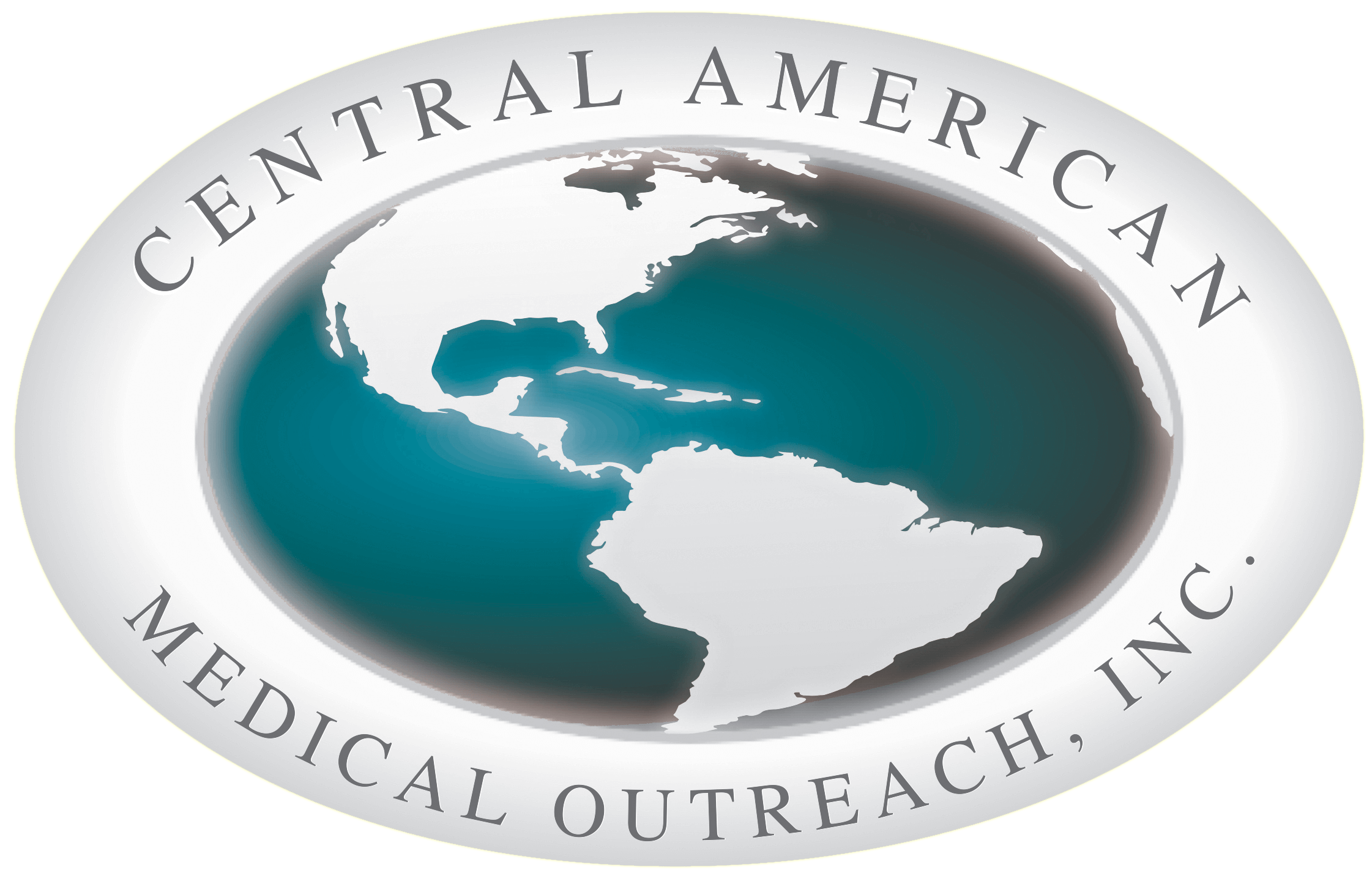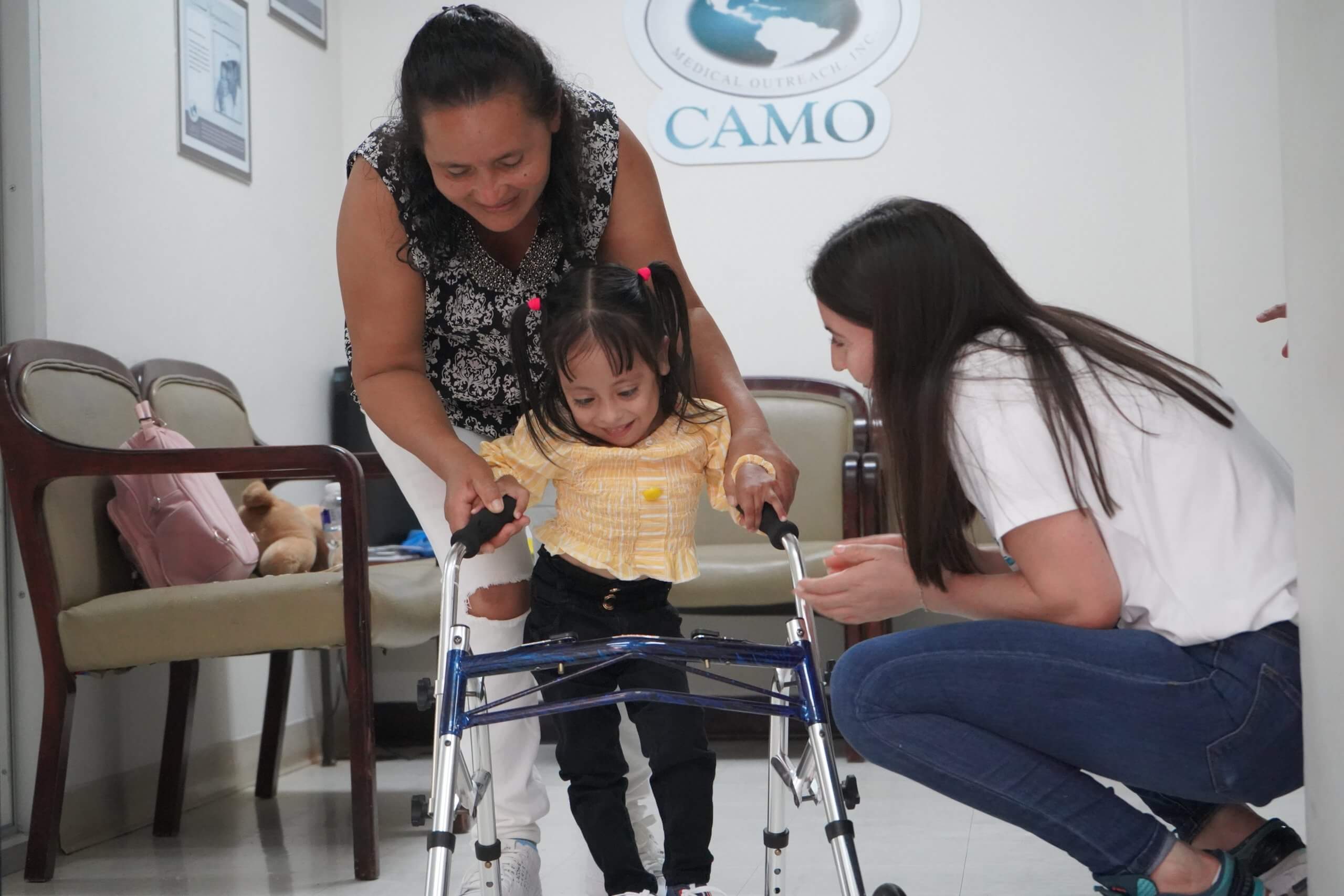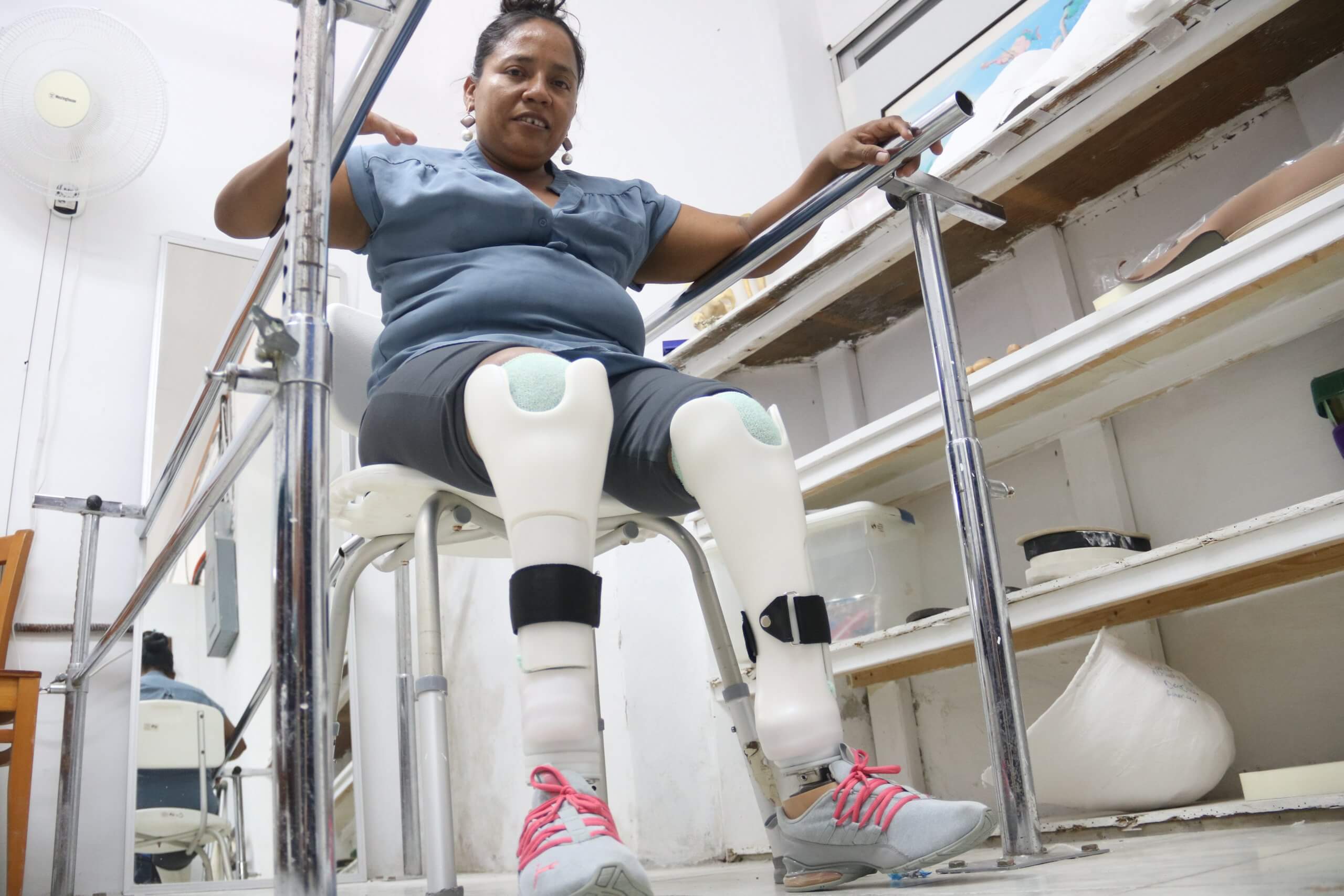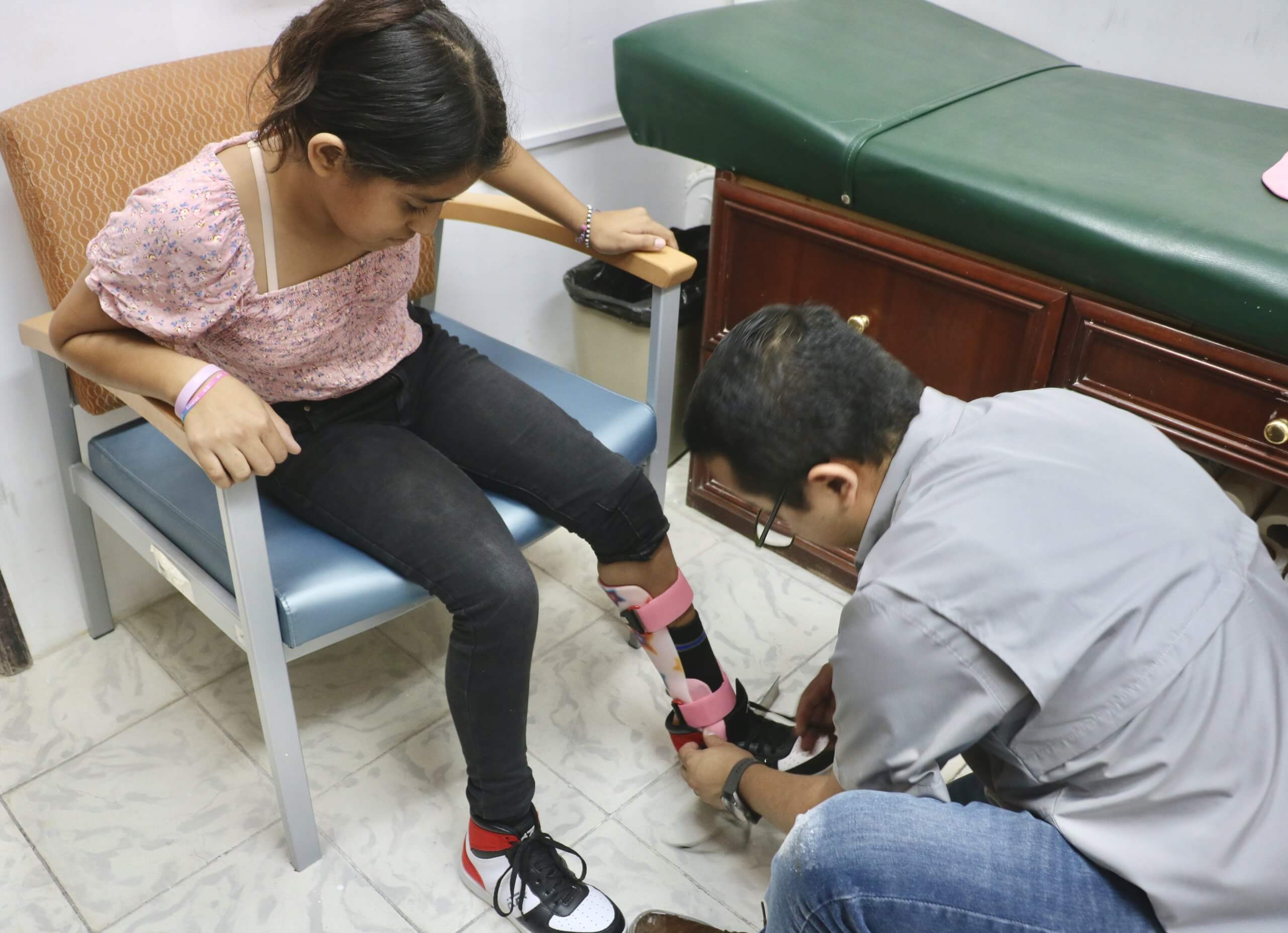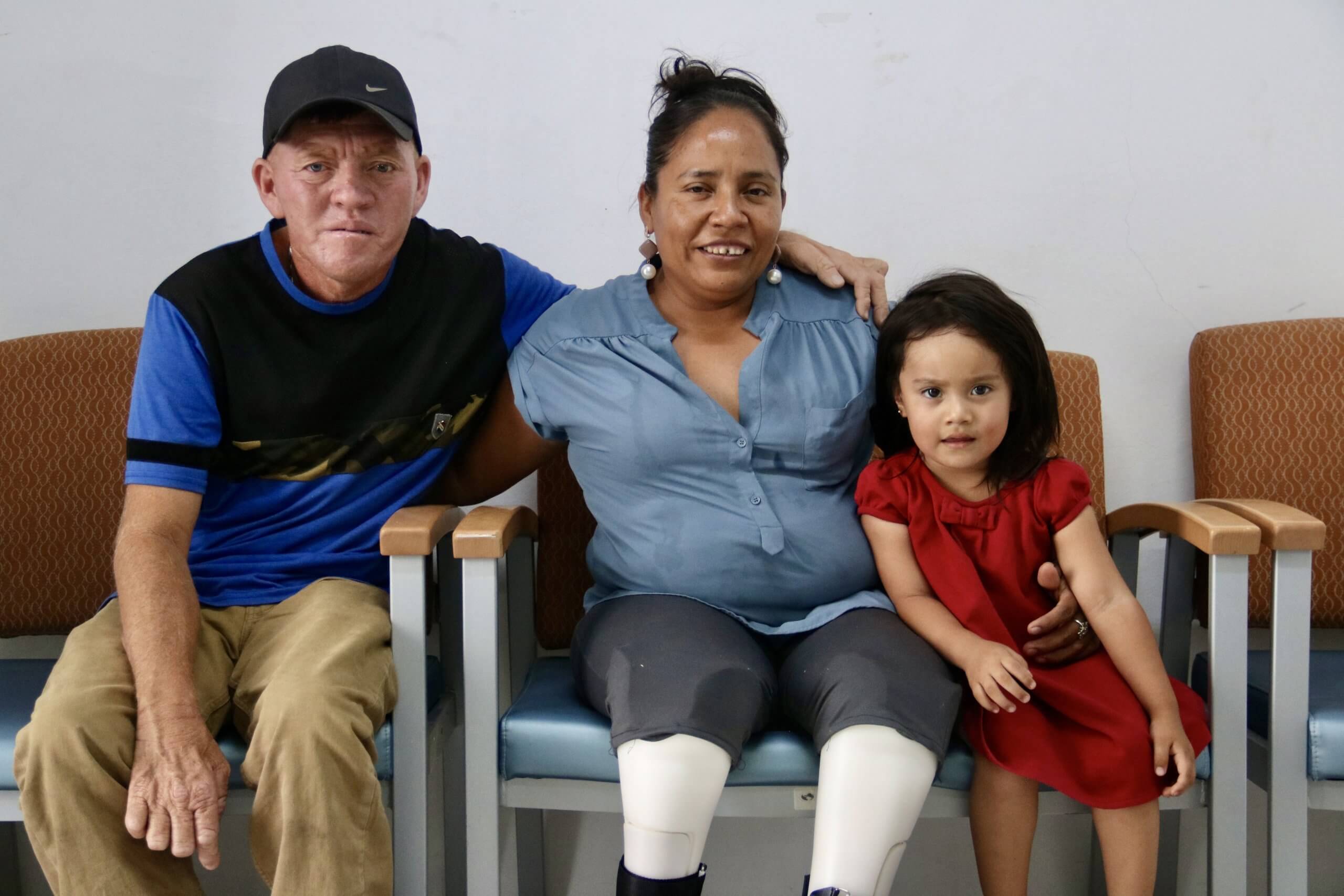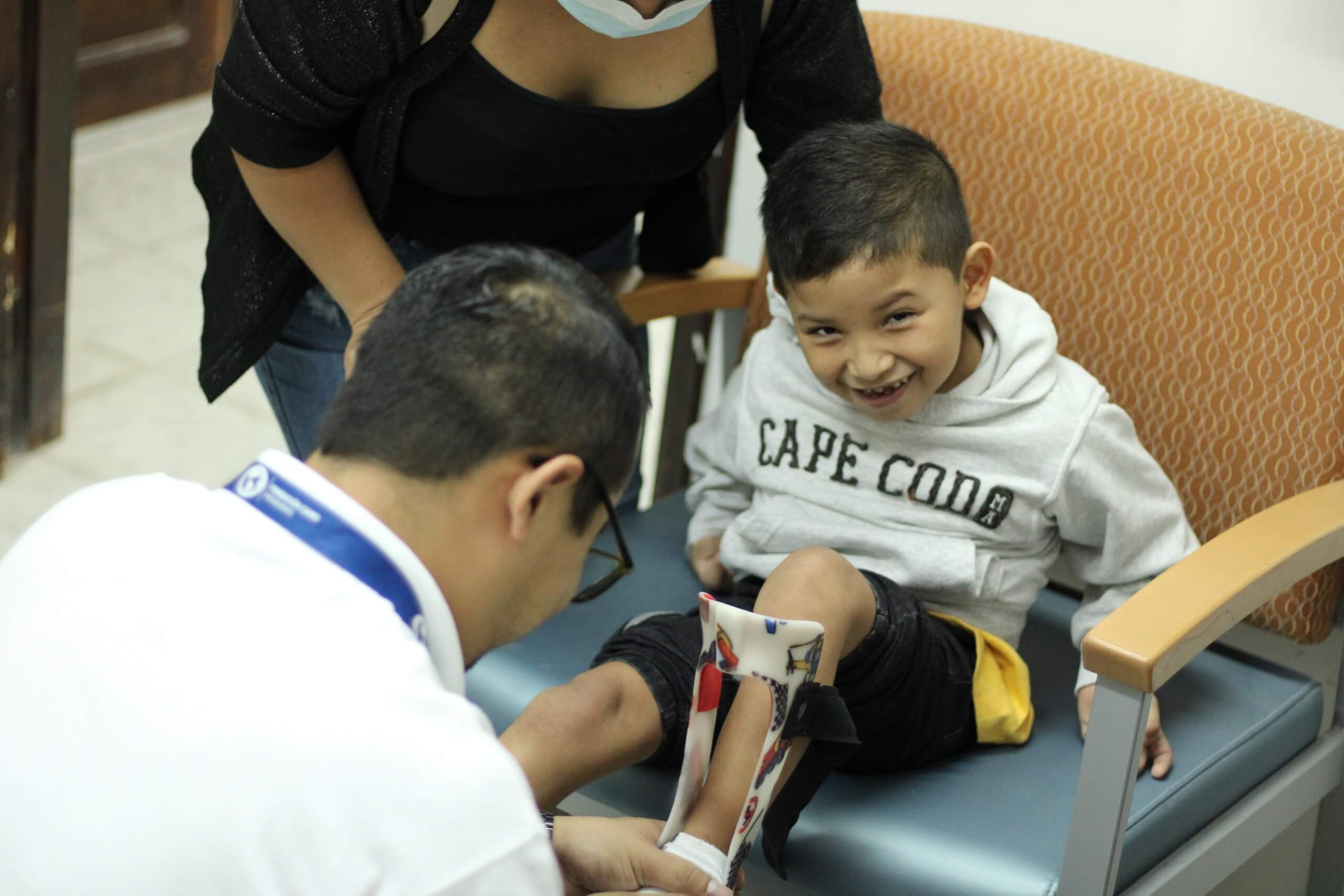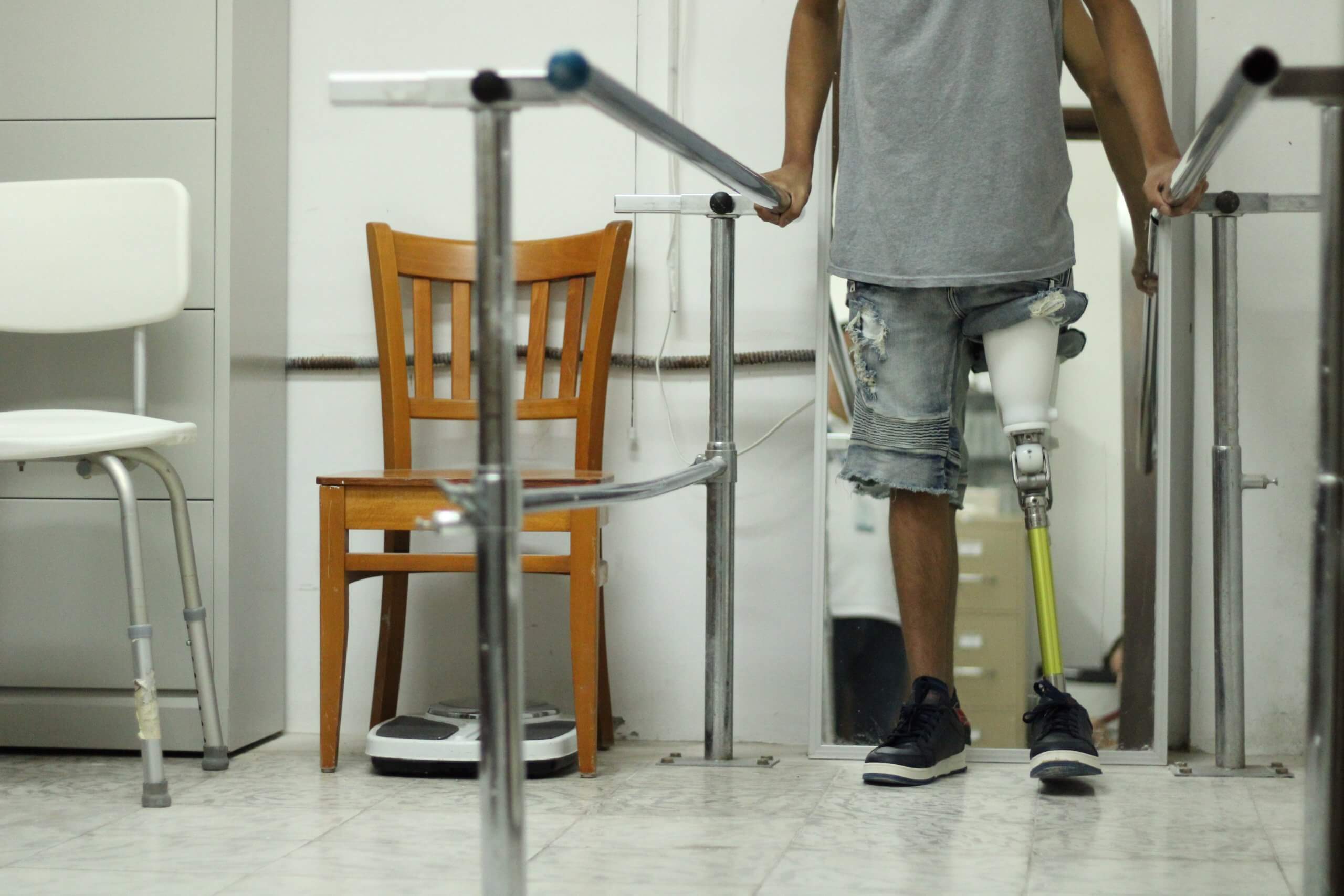CAMO focuses on three main areas for disabilities
Audiometry Lab, Orthotic/Prosthetic Lab, Wheelchair Lab
Estimates suggest there are almost 700,000 persons with disabilities living in Honduras, which is equivalent to 10% of the population. The 2002 survey recorded 177,516 persons in Honduras as having a disability, but the definition used was rather narrow. 68% of those covered by the census were unemployed (compared to 49% for the total population), 53% were illiterate, 44% of children with disabilities did not have access to school (compared to 8% for non-disabled children), and only 17% of people with disabilities received any kind of rehabilitation. Despite the existence of a new legal framework for disability (October 2005), there has been no genuine implementation of this law.* (*Information taken 8-2015 from Central America – Mexico: Disability Information Statistics & News).
Thanks to CAMO, Honduran people with disabilities are able to receive aid and services in the forms of audiometry, prosthetics, orthotics and wheelchair assistance.
Audiometry Lab
Dr. Carlos Antonio Polanco, Getsania Ponse & Oneyda Barahona Audiologist
Steve Wood
The audiometry department provides hearing testing, hearing aid fitting, and hearing aid repair. Supportive USA counterpart relationships also encourage outreach programs which teach community members about integrating hearing impaired individuals into the community. Individuals who have received hearing aids have experienced profound improvements not only in their quality of life, but also in the way they are received in the community.
IMPACT: Children in schools are being screened for hearing issues with more than 2,100 children per year being screened and treated.
Orthotic/Prosthetic Lab
Santos Lara
Mark Gorman, CPO
In contrast to the type of need in the USA, the need for prosthetics in Honduras is due largely to tragic accidents involving machetes, snake bites, domestic violence, birth deformities, poor regulations within the workplace and/or injuries during human smuggling across borders.
Beginning in 1999, with the help of volunteer prosthetist Mark Gorman, CAMO has established an O & P lab in Honduras. Gorman also provides continuing education on a biannual basis. The lab is staffed with two trained Honduran prosthetic technologists.
IMPACT: Provides mobility to more than 705 people per year.
Wheelchair Lab
Ruber Adonys Trochez
From the first prosthetic lab in 1999 to today’s Santa Rosa wheelchair basketball team, CAMO has been instrumental in caring for those with special needs. This is part of CAMO’s redistribution program. The program employs a technician who works in the CAMO-Honduras facility and fits patients with appropriate wheelchairs, walkers, crutches, and canes. He also provides continuing support to wheelchair-bound patients through a weekly wheelchair clinic. patients are served.
IMPACT: Annually, more than 400 patients served.
